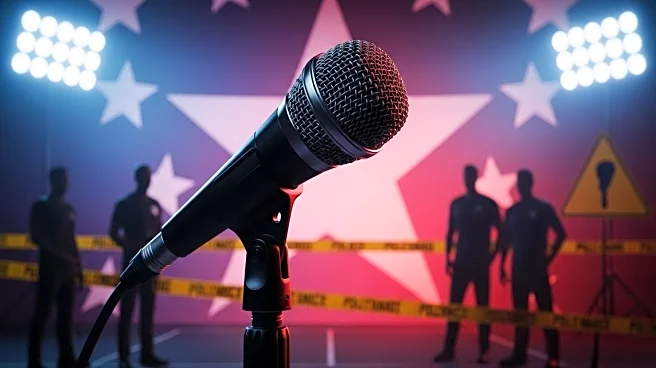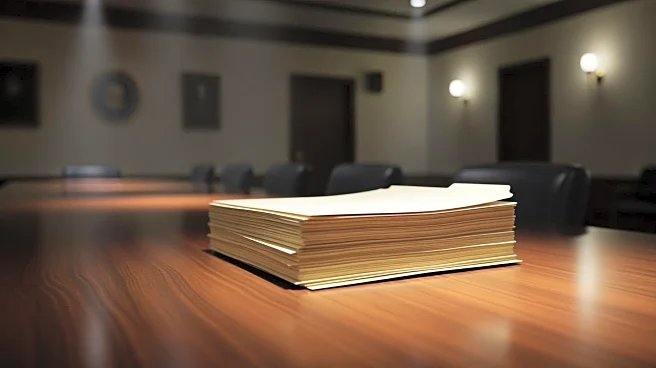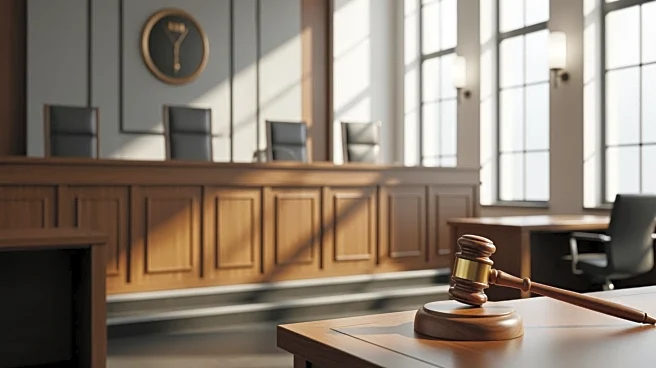What's Happening?
A reality TV star made a controversial comment regarding Charlie Kirk, suggesting he might reconsider his stance on hate speech after being shot. This remark has sparked debate over the boundaries of free speech and the consequences of public statements. Additionally, a law professor, Felicia Branch, faced suspension for sharing a biblical perspective on Kirk's death, highlighting the tensions between personal beliefs and professional responsibilities. The incident has also brought attention to a lawsuit involving the New York Times, where the government has been given a deadline to amend their plea. These events underscore the complex interplay between media, law, and personal expression in the public sphere.
Why It's Important?
The incident highlights the ongoing debate over free speech and its limits, particularly in the context of public figures and controversial topics. The suspension of a law professor for expressing personal views raises questions about academic freedom and the consequences of public discourse. The situation also reflects broader societal tensions, as individuals and institutions navigate the fine line between personal expression and professional conduct. The legal proceedings involving the New York Times further illustrate the challenges faced by media organizations in defending their reporting and editorial decisions. These developments have significant implications for public policy, media ethics, and the legal landscape in the United States.








